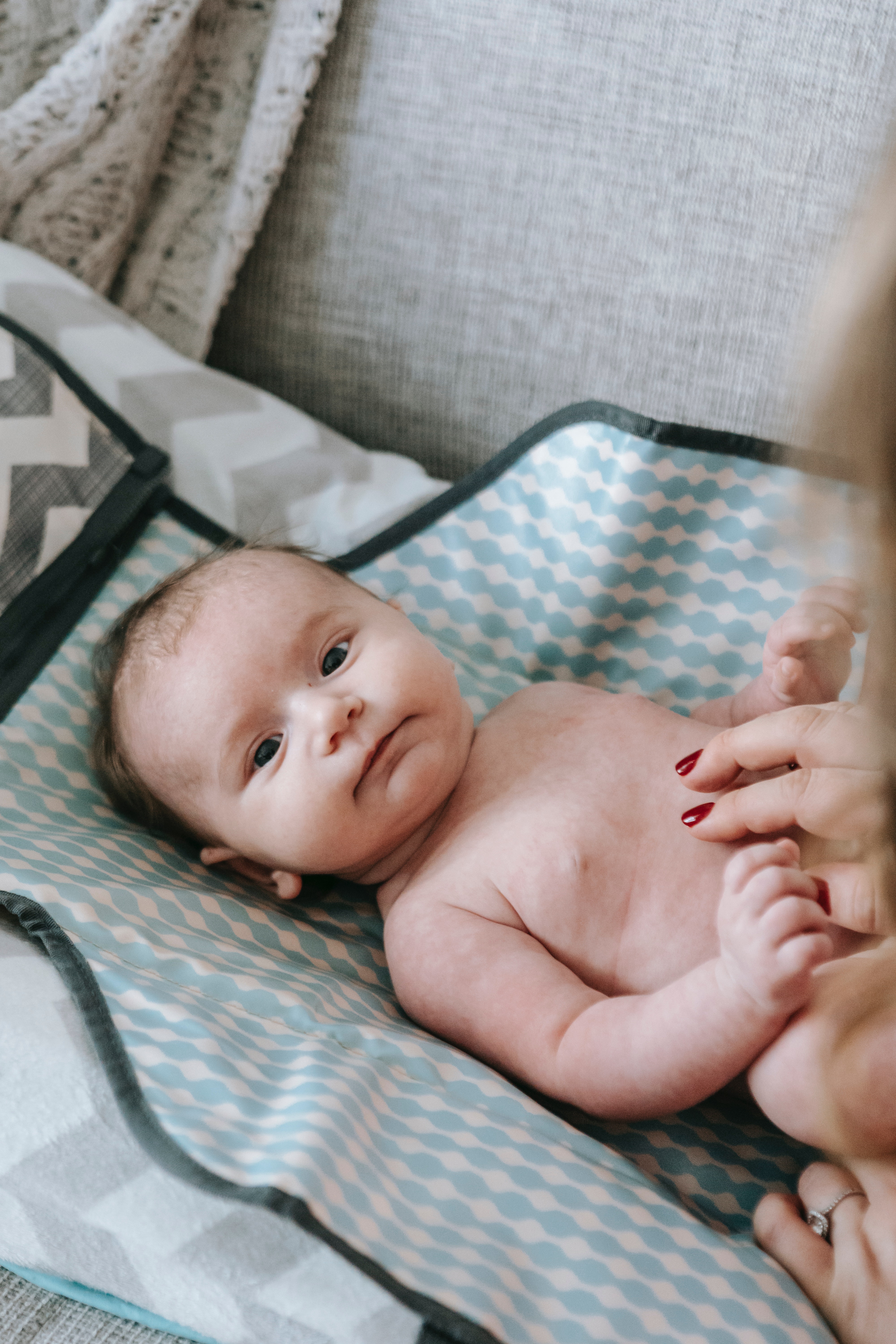Treatment When Your Little One Got Diarrhea

If you have children aged 0-2, your child is more likely to put anything they find interesting in their mouth. Both clean and dirty objects will be put in their mouths. Actually, according to research, when children are exposed to various kinds of microbes, this is good for the development of their body's immunity because when children are exposed to microbes, the body will create immunity.
However, of course some bacteria and viruses can be dangerous, one of the dangerous viruses that can attack children is rotavirus. Rotavirus is a virus that is everywhere. Rotavirus can cause diarrhea, abdominal pain and body heat. Rotavirus symptoms will begin to appear two days after the child is exposed to the virus. A child will get diarrhea when the rotavirus virus enters orally into his mouth.
Diarrhea in early childhood should not be underestimated because children can easily become dehydrated which can make children weak to the point of lack of consciousness. Therefore, handling when a child has diarrhea is important. One of the important things that can be done when a child has diarrhea, especially by giving fluids. When a child has diarrhea, the main thing that the child needs to meet immediately is the need for fluids. Therefore even the pediatrician will advise the child to drink, drink, and drink. The main drink of children 0-2 years of course is breast milk or mother's milk. In addition to breast milk, when the baby is 6 months old, the baby can be given other fluids such as water, vegetable broth and soup gradually up to 30 ml at a time. If your child refuses to drink, you may need to go to the hospital immediately. In the hospital, children who have diarrhea and show signs of dehydration will usually be given an IV to meet their body's fluid needs.
If you feel your little one is starting to feel weak, sunken eyes or sunken skull, and a high fever, this may be a sign that your child needs further assistance, for example by contacting your pediatrician. The doctor can check whether it needs to be hospitalized or can be treated at home. Your child may also need laboratory tests, such as blood tests and stool tests. Currently because there is a mysterious hepatitis virus that attacks children, when your child has diarrhea, your child is required to do a blood test. In addition to a blood test, your doctor may also suggest performing a stool test to confirm if there is rotavirus antigen in your child's stool.
In addition to fluids, the thing that is usually advised to do when your child has diarrhea is to give him supplements. For this administration, it needs to be confirmed again by the pediatrician to find out what kind of dose is right for your child. Some pediatricians recommend giving probiotics to increase the number of good bacteria in your child's gut. In addition, some pediatricians also recommend giving zinc supplements. Diarrhea can usually last up to 8 days, if more than that, or you find your child is vomiting frequently, or experiencing other symptoms that are more intense, you need to contact your pediatrician immediately for further treatment,
Written by Kunthi Kumalasari Hardi, M.Ed., BCBA from BehaviorPALS Center
Bibliography:
Rotavirus. Centers for Disease Control and Prevention. https://www.cdc.gov/rotavirus/index.html. Accessed Feb. 1, 2019.
Diarrhea, Baby, Rotavirus
Baby 6 Months - 18 Months / Bayi 6 - 18 Bulan / General Health / Kesehatan Umum / Health / Kesehatan / Treatment When Your Little One Got Diarrhea
Comments













